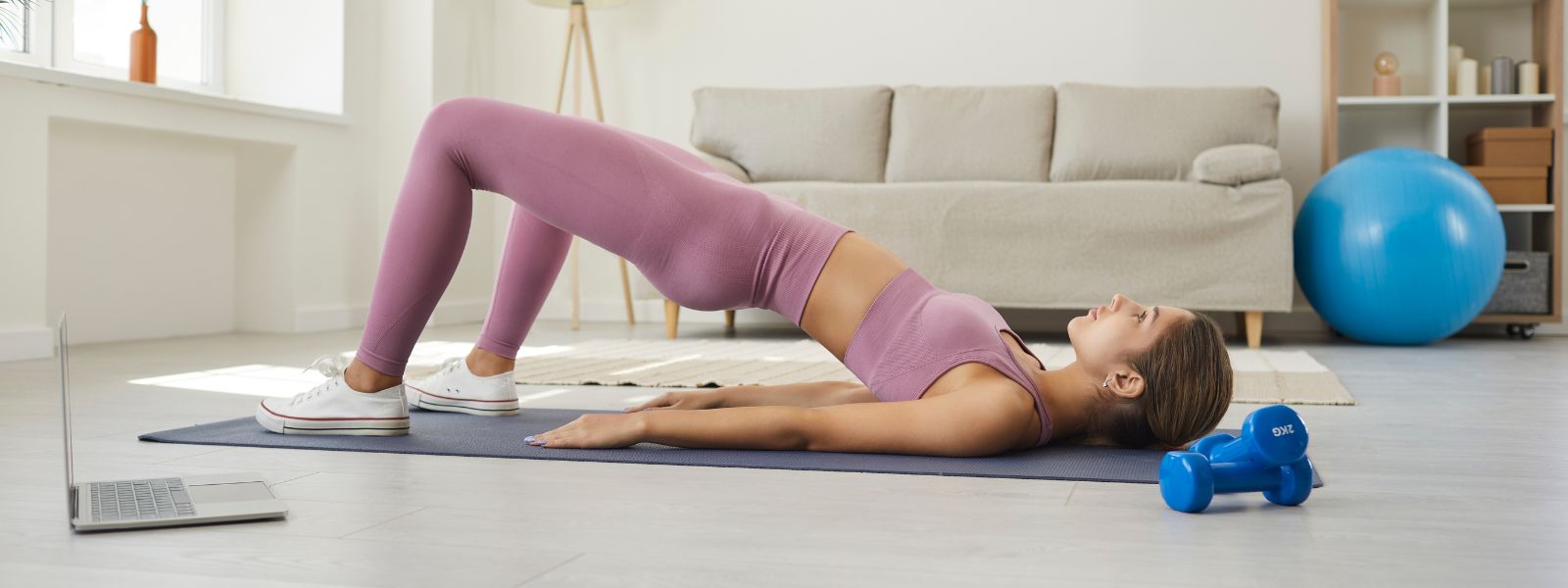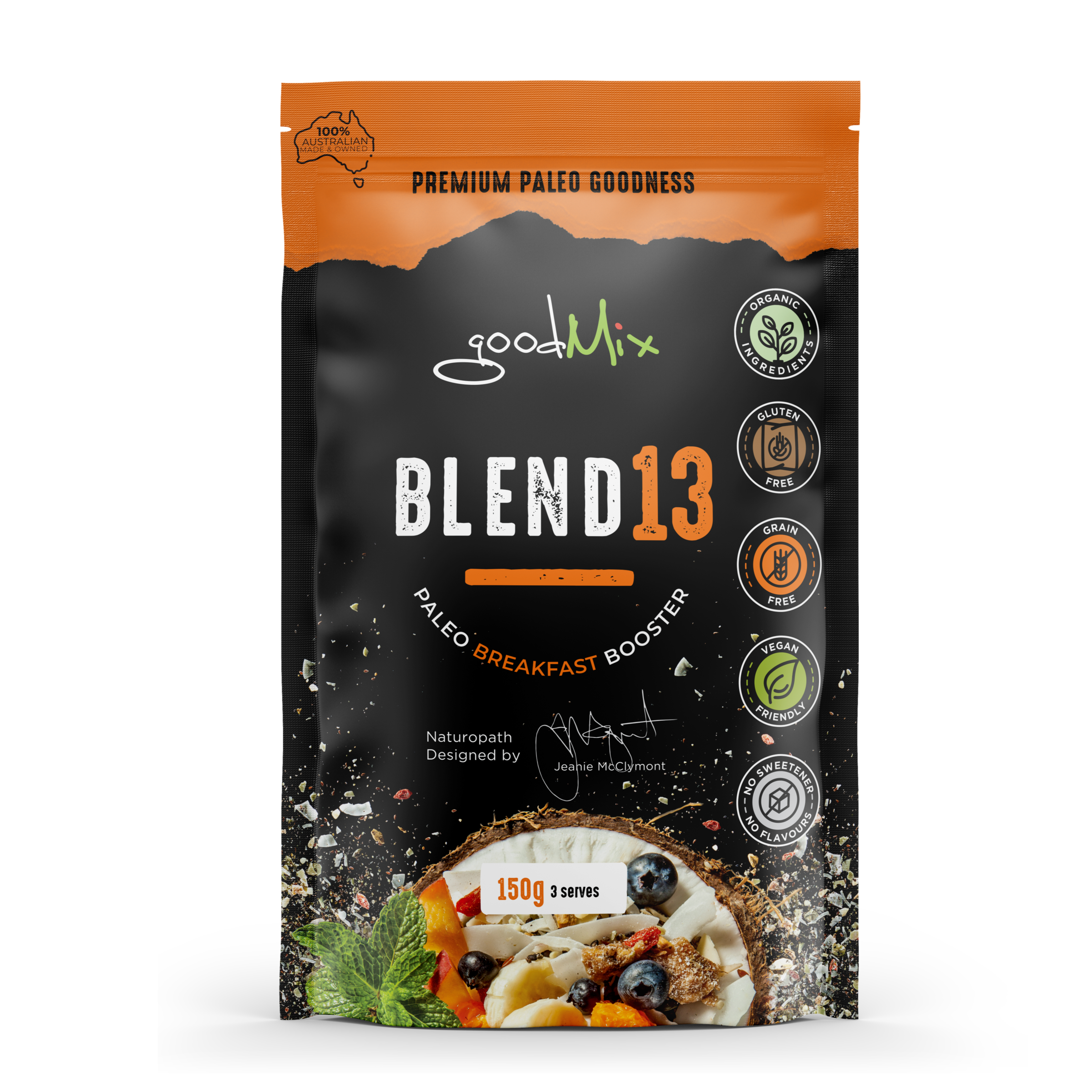
Bowel Problems & Your Pelvic Floor
Have you tried all the diets, all the supplements, all the fibres, all the medications & the meditations…& still can’t get your body to just poo normally, regularly and comfortably?
What if it’s more to do with how you are ‘put together’ and how things connect and communicate and move together in your abdomen and pelvis? Smooth regular bowel movements require coordinated contraction and relaxation of the abdominal and pelvic muscles and good communication between your nervous system and all the parts.
There’s a lot that can go wrong (and on the plus side, so many possible answers for your issues - that don’t involve restrictive diets, yay!) Don’t get me wrong - diet heavily influences your bowel function (because it heavily influences your microbiome). If you've not tried Blend11 yet if you're having bowel problems, you should definitely give it a go. But diet is not the only factor. Sometimes - you can be doing all the right things diet wise, but not getting the benefits you’d expect due to structural issues.
Read on if you feel this could be relevant (hint - almost 50% of chronically constipated people have some kind of pelvic floor dysfunction - and it can also play a big role in those with poor bowel control leading to leaking / incontinence). If you have bowel issues, chances are you also have pelvic floor issues, and if your bowel seems unresponsive to dietary changes it’s a good idea to start investigating this.
As we age, go through hormonal changes, put on excess abdominal fat, start to move less (or just move differently) our frame gets gradually pulled ‘out of shape’. Ie our soft and flexible connective tissue (fascia / muscles, ligaments, tendons) become less flexible / can tighten up or become too flaccid / collapsed and start to alter our posture and movement patterns. When our pelvic floor gets pulled out of alignment it can cause changes in how all the muscles and nerves involved with defecation work, which can create new and exciting bowel patterns!
Our alignment can also shift more suddenly when we give birth, take up new training / sports or activities in a big way, have any type of surgery, or injure ourselves so therefore start moving in a different way to compensate (young people can be impacted also under these circumstances). Even your choice of handbag, footwear or wearing arch supports / heels etc can have an impact on your pelvis! Everything in your body connects to everything else. Think about what you do repetitively for work, what you wear, how you stay fit, etc etc etc. Whatever impacts your body’s structure can in turn impact its function.
So - if you’ve ‘tried everything’ for your bowel problems - it’s definitely worth investigating your pelvic floor structure and function. This is relevant to both the ladies and guys, though dysfunction is more commonly an issue for us girls due to big changes that occur during pregnancy, childbirth and more pronounced hormonal shifts throughout life (plus our greater tendency to wear impractical shoes, carry hand bags and walk / stand in ways not conducive to good pelvic alignment)!
Some clues / symptoms that can point to your pelvic floor needing help (note - there can be excess laxness, excess tension, or even both in the same person):
- sensation of heaviness / dropping in the vagina
- sensation of heaviness or dragging in pelvis or back
- feeling as if ‘sitting on a small ball’
- constipation and straining / feeling as if ‘pushing against a closed door’
- lower back and or hip pain / feeling ‘out of balance’, knee, ankle or foot pain
- leaking urine (coughing, sneezing, laughing, running, lifting)
- inability to ‘hold it in’ /can’t reach the toilet in time / pee, poo, gas
- passing wind (from anus or vagina) when bending over or lifting
- prolapse (protrusion of pelvic organs through the vagina) / a visible bulge at the vaginal opening
- reduced sensation in the vagina / inability to orgasm / painful sex / vulval pain
- tampons may dislodge or fall out
- recurrent UTI’s or thrush or rotation of both
If you’ve never considered your gut issues may have a structural influence, I would highly recommend you book in with a pelvic floor specialist physio, and / or someone trained in Rolfing or Structural Integration. I like the Rolfing / Structural Integration approach as it addresses pelvic position and function in relation to the entire body, but you’ll need the pelvic floor specialists for their detailed knowledge and specific experience in continence issues). So I’d be seeing both. An osteopath could be another great option if no Rolfers / Structural Integration pracs in your area. Biofeedback training is also highly relevant here. The great news is that - if pelvic floor dysfunction is a big factor in your digestive issues, you can start to feel better in a matter of weeks with support from the right practitioner!
Practitioner Options (note - these are just a couple of directories, please contact your health care provider directly for any more specific referrals).
ATSI (structural integration) practitioners
Note - qualification levels / experience with pelvic floor will vary. Look for someone who mentions this as a specialty / area of interest or extra training.
Pelvic Floor Physios: try googling ‘pelvic floor physio’ (+ your area / suburb / town)
Useful info on this topic / further reading:
Study - Structural Integration and Improved Pelvic Floor Function (urinary focus but same principles).
Correct Structure to Restore Function: (support for lax ligaments leading to restored control)
More info / diagrams / videos on how it all works ‘down there’ here:
Free Pelvic Floor Educational Series
NOTE:
Digestive issues can (and normally do) involve several things - diet, lifestyle, stress, medications etc etc etc! This blog post just highlights an often overlooked but very important area to consider if you’ve never looked into it! Hope it helps you figure out what’s going on for you / motivates you to connect with someone who can assist!




